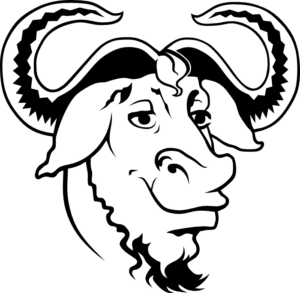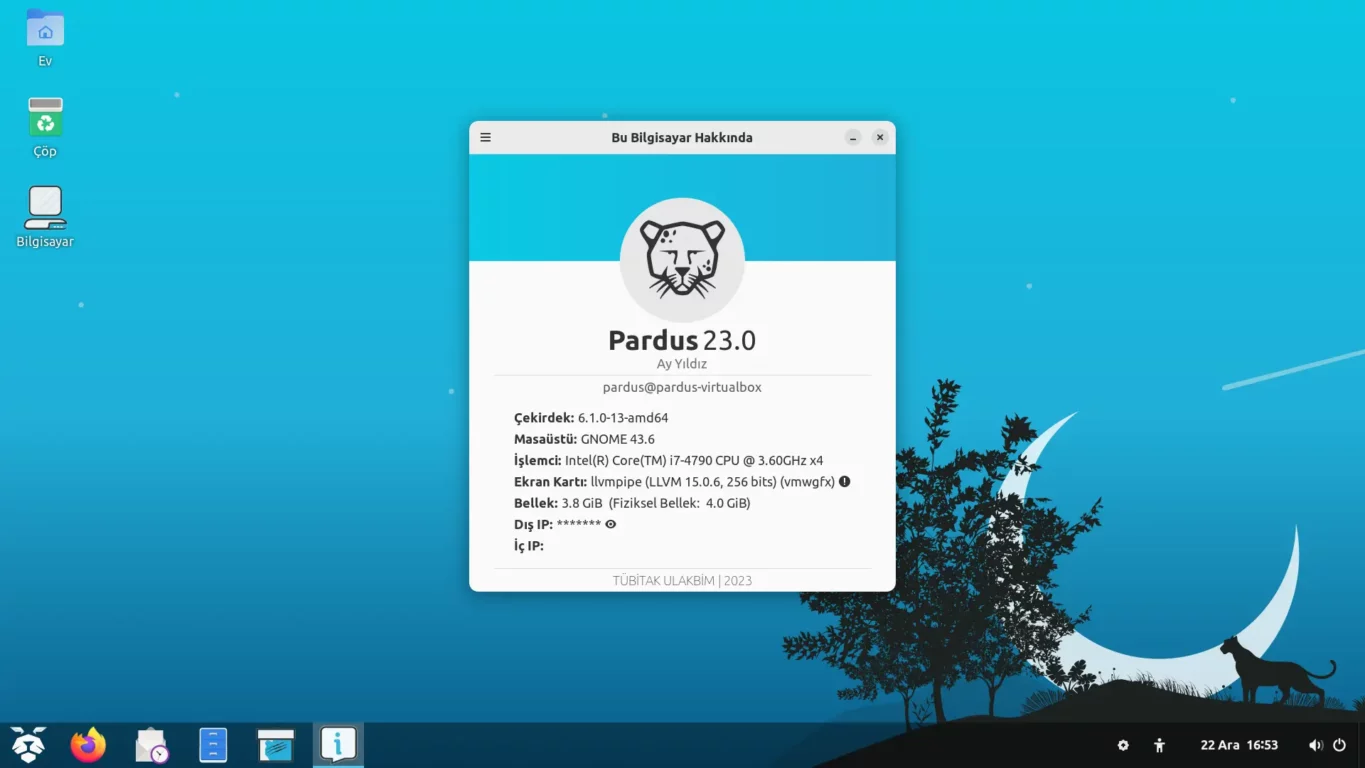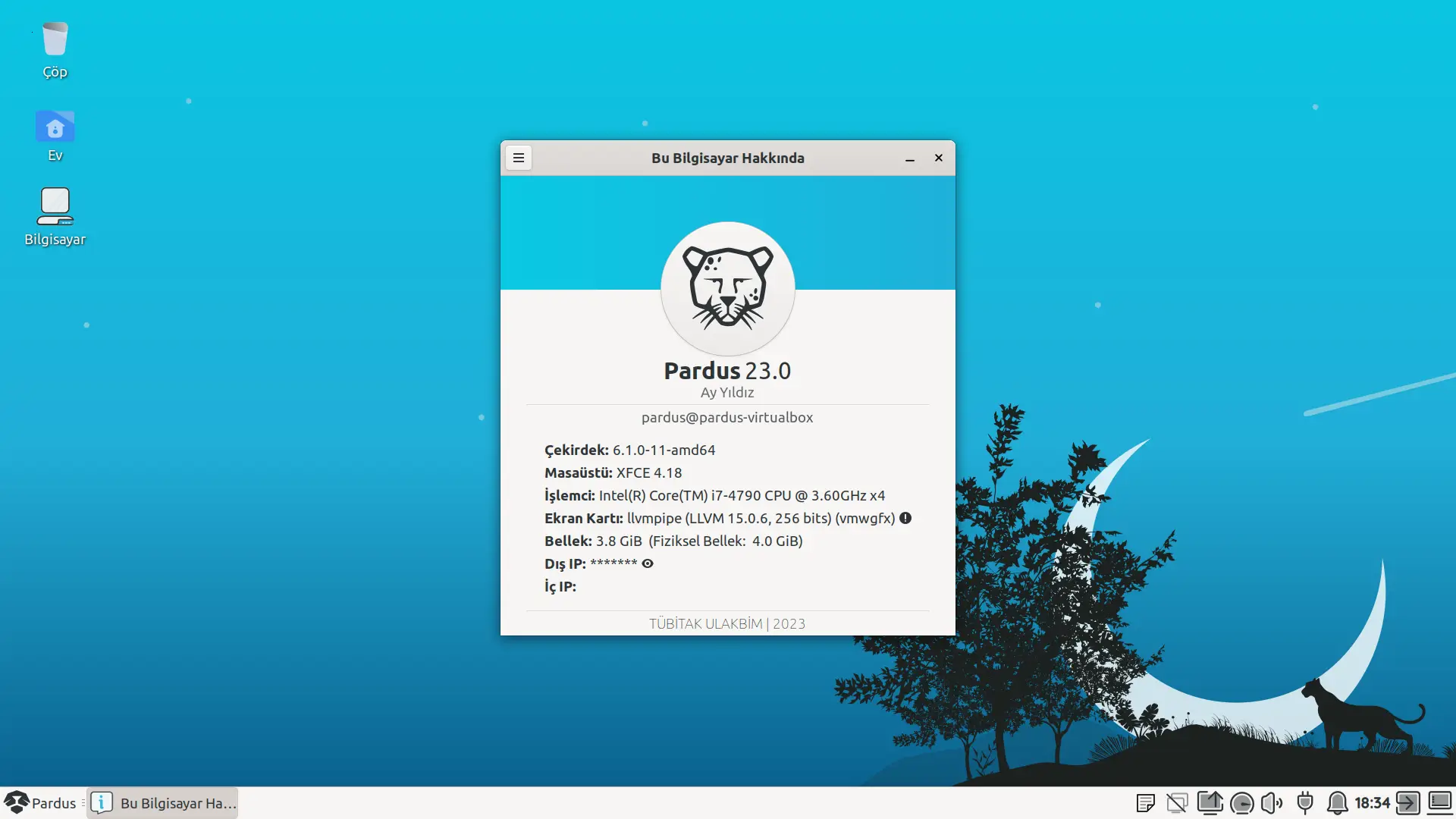
Özgür Yazılım, kullanıcılara yazılımı çalıştırma, anlama, değiştirme ve yazılımın değiştirilmiş halini dağıtma kısıtlaması koymayan yazılımdır. Bilimin gelişmesindeki bilgiyi paylaşma olgusunun, teknolojik gelişimde de olması için yazılımların ve belgelendirmenin bu felsefede geliştirilmesi gerektiğini savunan topluluk hareketidir. “Özgür Yazılım Hareketi” 27 Eylül 1983 yılında Richard Matthew Stallman tarafından duyurulmuş ve Ocak 1984 ‘te başlamıştır. …

article.olduse.net/771@mit-eddie.UUCP
{ Free Unix! Starting this Thanksgiving I am going to write a complete Unix-compatible software system called GNU (for Gnu’s Not Unix), and give it away free to everyone who can use it. Contributions of time, money, programs and equipment are greatly needed. …..}
Richard Stallman, Unix’e benzeyen ancak Unix olmayan, Unix ile uyumlu bir çekirdek ve ihtiyaç duyulacak yazılımları/araçları içerecek GNU projesini bu e-postası ile başlatmıştır. “GNU” ismi, “GNU’s Not Unix (GNU, Unix Değildir)” ifadesinin özyinelemeli bir kısaltmasıdır.
Richard Stallman, GNU tasarısını -projesini- yaygınlaştırmak, yazılım kullanıcılarının haklarını savunmak üzere 1985 yılında Özgür Yazılım Vakfı’nı (FSF1 – Free Software Foundation) kurmuştur.
Özgür yazılım felsefesinin yani özgür bir yazılımın, kullanıcılara sunduğu tanımda da kısaca bahsettiğimiz temel özellikler şunlardır:
Özgürlük 0
Herhangi bir amaç için yazılımı kullanma özgürlüğü…
Bir yazılımı kullanma özgürlüğü ırk ya da milliyetimizden bağımsız yazılımı istediğimiz doğrultuda -amaç- sınırsız kullanıcı ve donanım üzerinde çalıştırabilme özgürlüğümüzdür. Aynı kullanım özgürlüğü kurumlar için de geçerlidir.
Özgür yazılımların lisansları özel mülk yazılım -özgür olmayan- lisanslarındaki üretici odaklı maddeler yerine tüketicinin avantajına olan sözleşme maddeleri içerirler.
Özgürlük 1
Programın nasıl çalıştığını öğrenmek ve onu değiştirme özgürlüğü…
Kullandığımız yazılımın kaynak kodlarına erişemiyor olmak kabul edilebilir bir durum değildir. Sistemler/donanımlar üzerinde barındırdığı yazılımlara göre sonuç üretirler. Bir başka deyişle cihazları kullanan bizler değil aslında üzerindeki yazılımlardır. Dolayısıyla bizler bir yazılımın veriyi nasıl işlediği konusunda bilgi sahibi olamıyorsak kendimizi yazılımın üreticisinin inisiyatifine bırakıyoruz demektir. Ayrıca bir kasıt olmadığı durumlarda bile kapalı kod içerisindeki zafiyet ve problemlerin tespiti çok mümkün olmayacaktır.
Kapalı kod, bilginin tekelleşmesine sebep olacağı gibi yazılım yaşayan bir olgu olduğundan bizi tek bir merkeze -üreticiye- bağlı kılacaktır. Teknoloji ve yaşamın değişmesi yönünde yazılımda gereken düzenleme ya da ilave iyileştirmeleri tek bir kanala bizi mahkum edecek ve bu durum destek anlaşmalarında adil olmayan fiyatların tarafımıza sunulmasına sebep olacaktır.
Özgürlük 2
Kopyaları dağıtma özgürlüğü…
Edindiğimiz programın kopyalarını bedelli ya da bedelsiz dağıtabiliriz.
Özgürlük 3
Geliştirilen/Değiştirilen yazılımı yayımlama özgürlüğü…
Yazılımın değiştirdiğimiz sürümlerini temel özgürlüklerle çelişmeyecek, yeniden dağıtıma engel olmayacak şekilde yayımlayabiliriz.
Sonraki >> Açık Kaynak -opensource-
İlginizi Çekebilir
ETAP’ta Pencereleri Yönetmenin En İyi Yolu: gTile ile Verimliliğinizi Artırın!
Nasıl?
19 Şub '25Pardus Güncel Nvidia Sürücü Kurulumu
Nasıl?
26 Ara '24Bir git tabanlı projede yazma iznine sahip olmak isteyen Hackerlar(Yazılımcılar) için Kılavuz
Nasıl?
15 Şub '24Az bilinen nano özellikleri
Nasıl?
9 Şub '24



